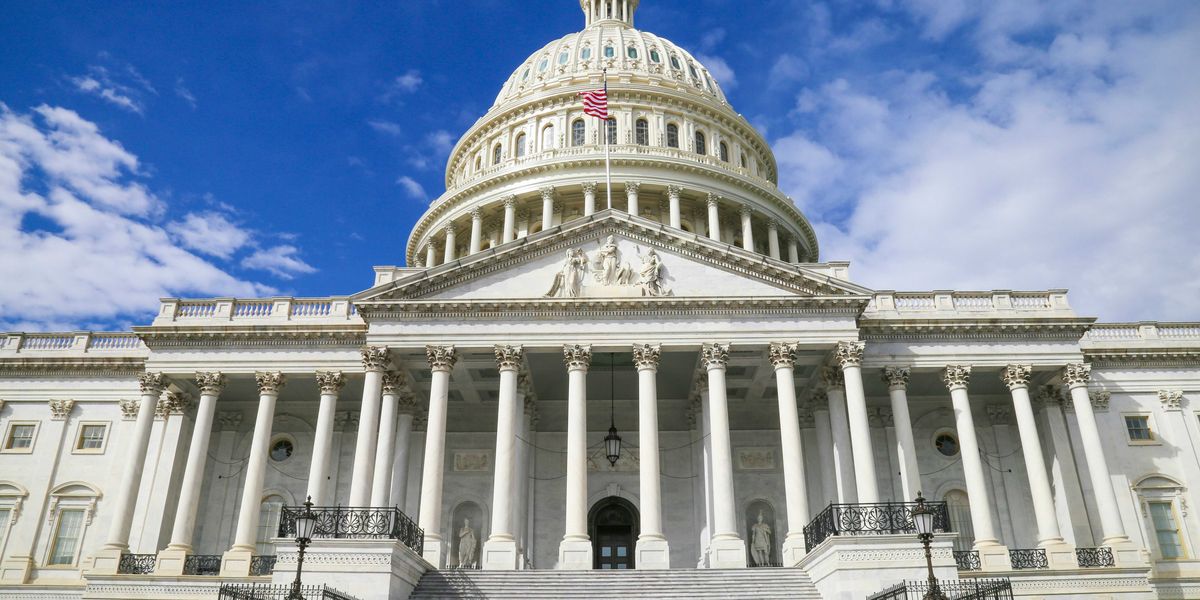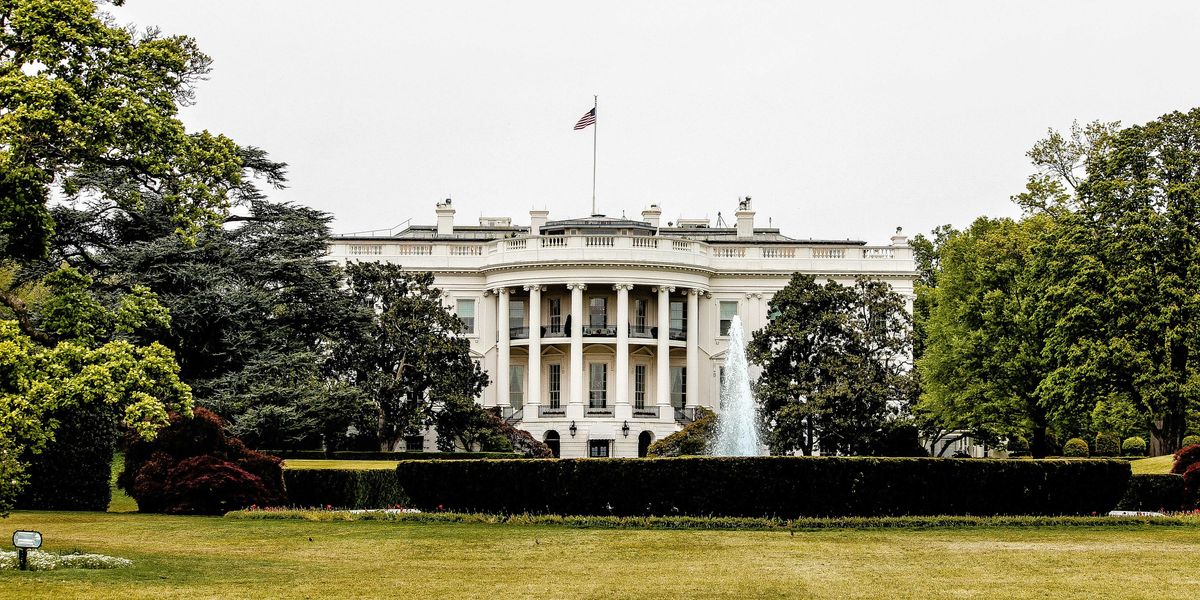San Francisco turned a coastal highway into a park. Locals are still arguing about it.
San Francisco's transformation of a scenic highway into a car-free oceanfront park has sparked celebration and controversy, reshaping public space and local politics.
Benjamin Schneider reports for Bloomberg.
In short:
- The city permanently closed part of the Great Highway after erosion forced officials to reconsider its future, converting it into Sunset Dunes Park, a car-free space now full of kids, cyclists, and walkers.
- While voters citywide approved the park, many residents of adjacent neighborhoods opposed it, citing longer commute times and increased traffic on nearby streets. A recall effort is underway against the supervisor who supported the project.
- Despite political backlash, the park has quickly become one of the most visited in San Francisco, with nearby coffee shops seeing a boom and thousands turning out for events like Easter egg hunts and Halloween festivals.
Key quote:
“There’s a great opportunity to integrate both the coastline and the neighborhood. There’s got to be a balance between leaning into nature and leaning into how people use this space.”
— Phil Ginsburg, general manager, SF Recreation and Parks
Why this matters:
San Francisco has pulled off a rare feat in modern American city planning. Reclaiming roads for parks can improve mental and physical health, reduce car pollution, and foster community. But the backlash and resulting political uproar shows how tricky it is to untangle car-centric infrastructure from daily life. Still, there's an inevitability to this road's closure: Sea level rise and the resulting erosion was responsible for the decision to permanently close one stretch of the highway, and that's a problem that will only grow as time passes.
Read more:













